What are you listening to and WHY might anyone be interested? (Vol.IX)
Posted by: Richard Dane on 01 January 2013
With 2013 upon us, it's time to start a fresh thread. I've gone back to an earlier thread title because often the "why" is the most interesting part of the post.
Anyway, links:
Volume VIII: https://forums.naimaudio.com/di...nt/12970396056050819
Volume VII: https://forums.naimaudio.com/di...6878604287751/page/1
Volume VI: https://forums.naimaudio.com/di...ent/1566878604097229
Volume V: https://forums.naimaudio.com/di...ent/1566878605140495
Volume IV: https://forums.naimaudio.com/di...ent/1566878605795042
Volume III: https://forums.naimaudio.com/di...ent/1566878607309474
Volume II: https://forums.naimaudio.com/di...ent/1566878606245043
Volume I: https://forums.naimaudio.com/di...ent/1566878607464290
my bloody valentine's new release, m b v, is available as a 24/96 download. so beautiful. what's more, autechre's new one is 24/44.1 at bleep. the future is now.

Winding down for the week.

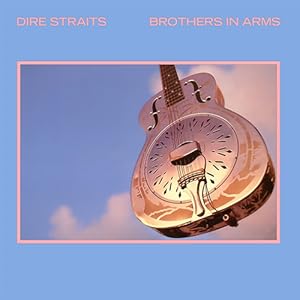
Dire Straits. Brothers in Arms. On vinyl from 1985.
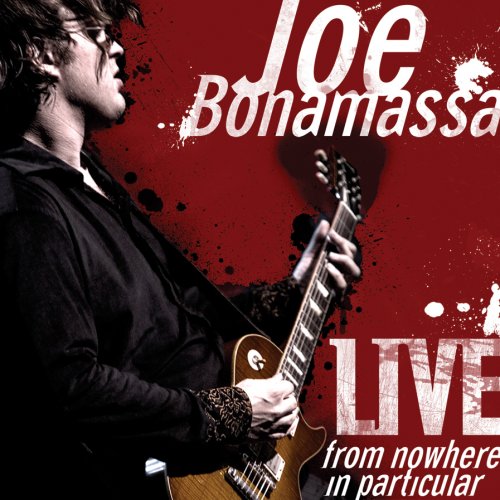

Bruce Springsteen. Born in the USA. On vinyl from 1984. Just got this s/h and I'm still not crazy about his overall production sound. Too light and wall-of-soundish.


Early Music group performing contemporary program - seems interesting.
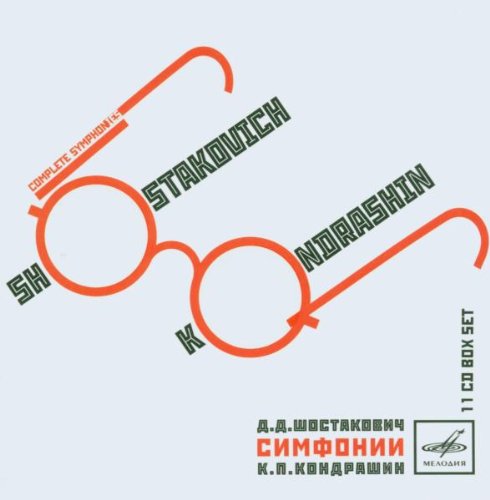
playing Dmitri's 5th and 6th : )
Astonishingly good recordings for 1967
I’m loving this but it doesn’t feel appropriate for before my bedtime.
Debs
Needed something mellow as I've been working on a hardware migration through the night, so currently spinning Mary Chapin Carpenter's Shooting Straight in the Dark.
Early Music group performing contemporary program - seems interesting.
Very strange disc is that, not to mention the splendid melancholy : (
I play it about once a year or so,
and find the mood and emotion more agreeable on each return.
Debs

Excellent performance; maybe the best I've ever heard.

"If I had words to make a day for you..." , directly lifted from the first theme of the fourth movement.
Talk about ruin by association. On the whole, the symphony is quite fun if ultimately a bit forgettable. Dukas' the sorceror's apprentice is the highlight of this disc.
Cheers,
EJ

Debussy's préludes by Jean-Yves Thibaudet. I wouldn't be able to choose a favorite recording, but Thibaudet's is definitely in the top. His pianism is as good as anyone's but what distinguishes him from his distinguished colleagues, is his mastery of the three pedals. He is best in music that requires them to full effect, as here or in Ravel.
Cheers,
EJ

Ben Howard - Every Kingdom
Just a quick note to say thank you to the Naim guys for letting me loose on 500 series kit and Ovator - 600's at Peter Tyson Naim open day yesterday. Enjoyed it.
Funny isn't it how life works. The wife and children pop out for a couple of hours. I grab the chance for some 10 O clock volume setting...ouch.
Whilst making a coffee this pops on, one of the wife's whilst NDS is on random.
Rather enjoying it to be honest. Shh don't tell the wife. My "cool" stuff will be on soon!!!!


Right thats me sorted. NDS can stay on random, this has just come on.
I'm having a random day...no change there then!!

Wow...now I'm rolling on random!!!
Bring on the summer!
Crikey, it's LOUD in here.
Dusty takes over the Music room ![]()
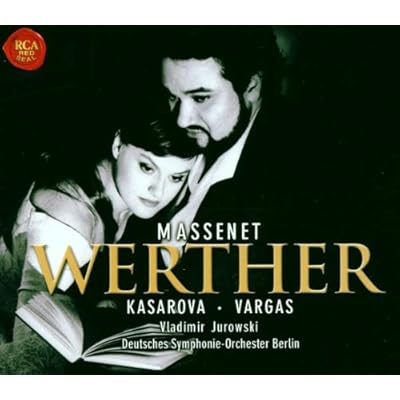
Cheers,
EJ
Johann Sebastian Bach: Pieter Wispelwey (Cello)
Suite for Cello solo no 1 in G major, BWV 1007
Suite for Cello solo no 2 in D minor, BWV 1008
Suite for Cello solo no 3 in C major, BWV 1009
Suite for Cello solo no 4 in E flat major, BWV 1010
Suite for Cello solo no 5 in C minor, BWV 1011
Suite for Cello solo no 6 in D major, BWV 1012
For Wispelwey's third Cello Suite recording, he has chosen to play on a Pieter Rombouts baroque cello, 1710 and for the 6th suite a five string violoncello piccolo, anonymous 18th century. With the choice to use the "Cothen" pitch of 392 Hz combined with gut strings and it translates into a darker more rustic sound. Standard Baroque pitch is 415 Hz.
I actually watched the DVD with this first before embarking on the recording. What is evident and what I applaud Wispelwey or any performer is their humbleness to acknowledge that we don't know the answers and mysteries contained in music. It is a lifelong search. Everything is just pure speculation and beyond that this matters very little next to delving into the music. To say there is only one way to truth through or as ordained by Bach, for instance, denigrates the man himself and casts an untrue picture of who Bach really was. He may have lived in a certain period of time but all evidence shows that he was not a closed minded man. He looked tradition in the face and pushed the boundaries and in many cases upset the establishment. I suppose this same self appointed establishment is still about today policing and enforcing their stiff ideas and rules and ignoring the music itself. Thankfully, if Bach was truly more interested in convention and fitting in the box of tradition we wouldn't be enjoying these 6 suites today as they would have angered those with confined expectations.
We don't know what instrument Bach really intended for these suites and it doesn't really matter either. In the early part of the 18th century the cello was a relatively new instrument. We do not have the score in Bach's handwriting but it was Anna Magdalena Bach who subscribed these suites and suggested the cello. Bach may have had several instruments in mind. The argument that anything Bach wrote was intended for only a specific instrument has some truth to it but this idea is also used to kill the very point of musical enjoyment to begin with and is so narrowminded. Bach's son Carl Philipp Emanuel said that "he [JS Bach] understood to perfection the possibilities of all string instruments. This is evidenced by his solos for the violin and the violoncello without bass". For myself personally it is the ideas, emotion, profundity and ingenuity etc. of Bach (or any composer) that fascinates me and draws me in to the music and not the mere conventions prescribed by some academics.
I like this recording and it will fit well amongst a nice variety of recordings I have of the suites. It is evidence of someone who knows this music so well and continues to explore while refusing to be satisfied with just one way and I support this. Well recorded too. The only minor thing I can say about the evil penguin is that he had sticky fingers in the booklet as it seems a couple of the pages are duplicated. Without page numbers it is hard to know if anything is missing?
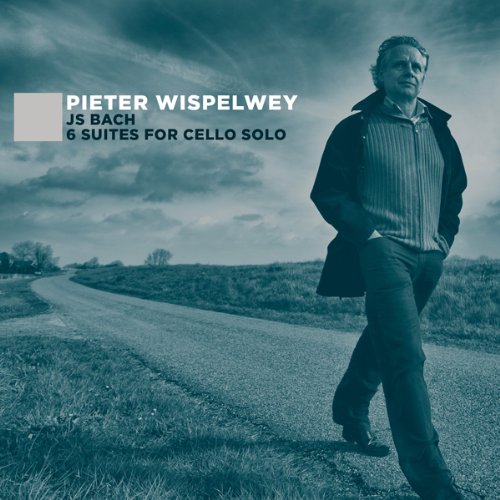
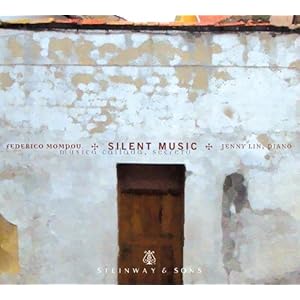
Fedrico Mompou's Musica Callada (Silent Music). The influences of Satie and Debussy are easily detected through the dynamic playing of Jenny Lin. The Steinway piano sounds grand.
Highly recommended.


